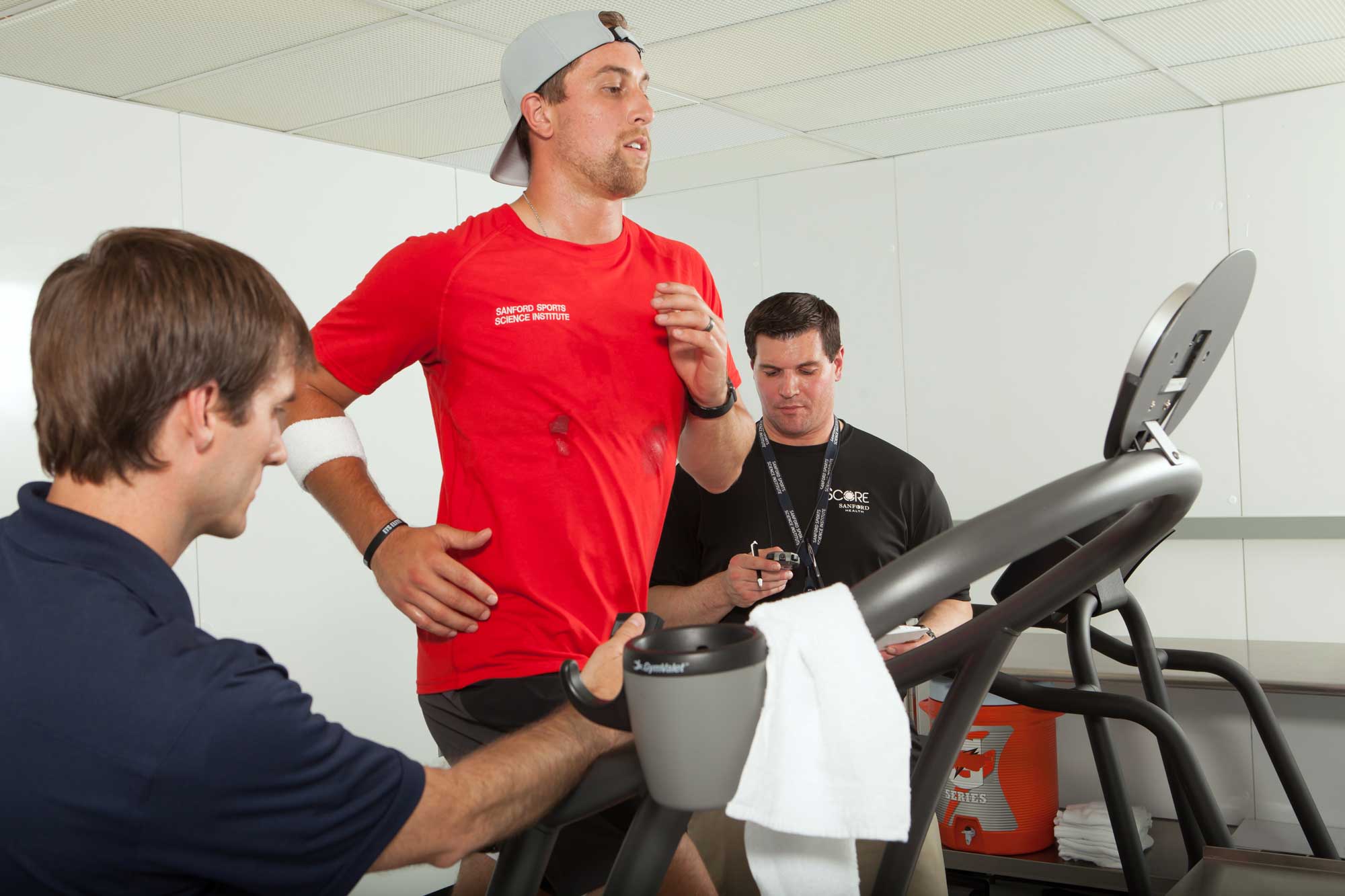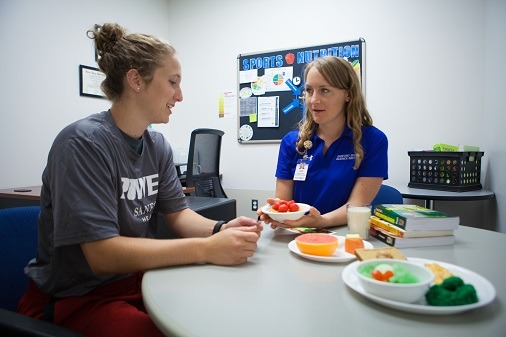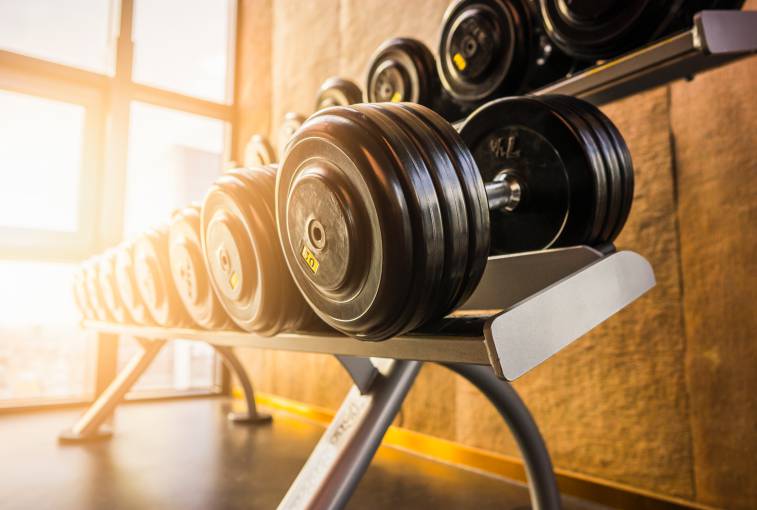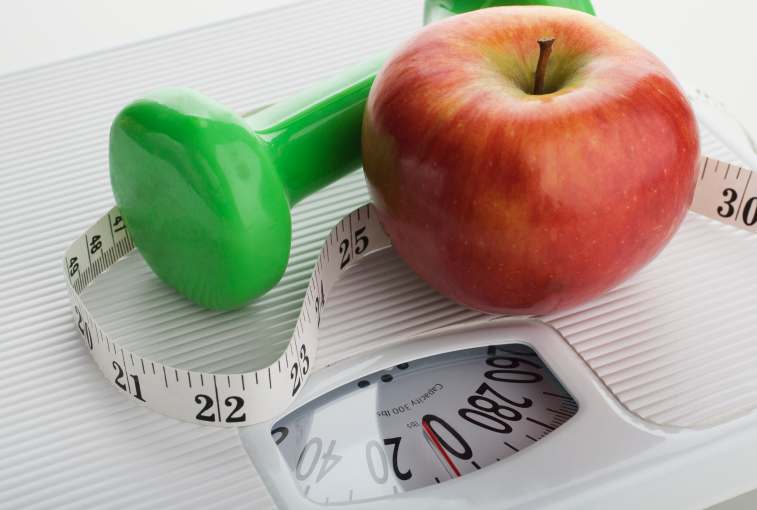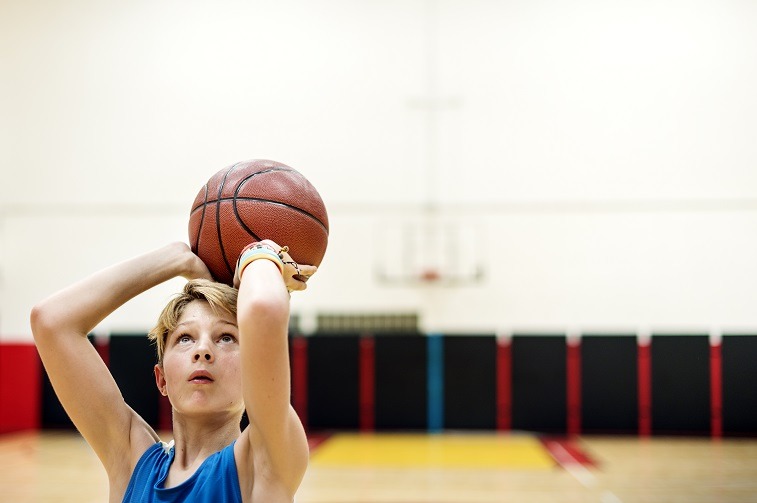Science of Sports
Contact the Sanford Sports Science Institute Today!
— SPECIAL FEATURES —
Science of Sports
Recovery After Training & Competition
by Jason C. Dorman, MS, CSCS, Operations Manager
Recovery is essential to restore an athlete’s physiological and psychological capacities. Without proper recovery following multiple training sessions or competitions, an athlete increases the risk for poorer performance and overuse injuries.
Learn about recovery strategies, nutrition, hydrotherapy and more from Jason C. Dorman, MS, CSCS, Operations Manager of the Sanford Sports Science Institute.
Nutrition & Hydration for Team Sport Athletes
Team sports such as soccer, hockey and basketball rely on high-intensity, short bursts of activity, as well as cardiovascular endurance. With any of these sports, nutrition and hydration play a significant role in helping you to perform at an optimal level. Learn more about what you can do before, during and after you compete to stay hydrated and healthy.
Weight loss: Does it impact your performance?
By minimizing lean muscle mass loss, your metabolism will remain efficient and support healthy weight loss.
Weight gain: Does it impact performance?
The key to gaining weight is to consume more energy than you burn. As with weight loss, gaining healthy weight takes time.
Caffeine: A Competitive Edge?
Besides the obvious benefit of giving you that feeling of extra energy to stay awake, does caffeine have a place in the sports diet? Caffeine is often labeled as an ergogenic aid, which is any substance used to help improve performance during sport.
Find out the effects, and safety concerns with sports and energy drinks for athletes.
Nutrition for the injured and healing athlete
Injuries can be minor, such as a scratch or bruise, or much more severe, such as a torn ACL or broken leg. Serious injuries — those that limit limb or whole body mobility, such as a fracture or ligament tear — will over time cause a decrease in muscle growth and protein. This, in turn, will lead to a reduction in strength and neuromuscular control.
Dehydration: A concern for basketball players?
Proper hydration is a key component for effective athletic performance. However, the impact and importance of hydration during basketball practice or, more importantly, a game is often unappreciated and under-emphasized by the athletes and coaching staff.
